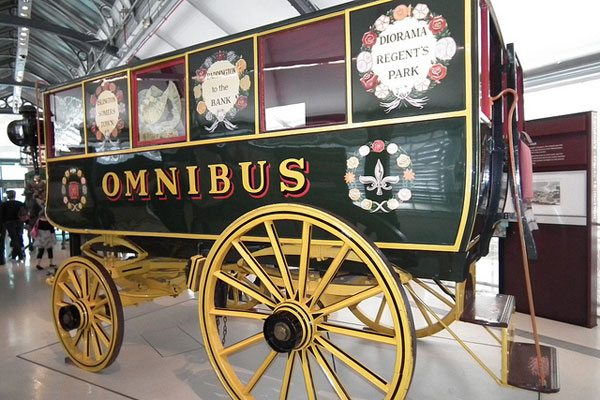
March 22, 2018; CNN Politics
Despite reports that Republicans may use omnibus legislation to weaken or repeal the Johnson Amendment prohibiting 501c3 groups, including religious congregations, from participating in election campaigns, no such change was included in the bill. Tim Delaney, CEO of the National Council of Nonprofits, said, “Keeping intact the longstanding law known as the Johnson Amendment is at least a short-term victory for 501c3 organizations and the American people.”
However, Delaney urges supporters of the Johnson Amendment to remain vigilant, because opponents’ “zeal last year suggests they likely will continue their push to hijack charitable goodwill for their own political ambitions while rewarding their supporters with charitable tax deductions for partisan donations.”
The US House of Representatives voted 256–167 to pass the Consolidated Appropriations Act, 2018, also known as the omnibus appropriations bill. The bill authorizes the spending of $1.3 trillion in federal funds until September 30, 2018, the balance of the current fiscal year. The bill now heads back to the Senate for final passage before expected approval by President Trump, although Trump did threaten to veto the bill in a tweet issued this morning. However, the timing of the ultimate outcome hinges on Sen. Rand Paul (R-KY), who has announced strong opposition to the spending levels included in the bill negotiated by Congressional leaders. If he chooses to filibuster the bill, he could delay passage until after midnight Friday, forcing the government to technically shut down for part of the weekend.
Sign up for our free newsletters
Subscribe to NPQ's newsletters to have our top stories delivered directly to your inbox.
By signing up, you agree to our privacy policy and terms of use, and to receive messages from NPQ and our partners.
Searching for “501c3” in the bill’s more than 2,200 pages only returns six results, mostly identifying carve-outs in grant funds under selected Justice Department and Homeland Security programs, but what isn’t in the bill may be even more important that what was included.
Two key decisions have allowed the bill to get this close to final passage. First, in February, Congressional negotiators agreed to a two-year budget framework that allows for increased federal spending in both defense and nondefense areas. Senate Minority Leader Chuck Schumer (D-NY) put it this way in a Senate floor speech on Thursday: “This spending agreement brings that era of austerity [over the last several years] to an unceremonious end and represents one of the most significant investments in the middle class in decades.” The omnibus includes $80 billion in increased defense spending and $63 billion in increased nondefense spending over the limits in place prior to the February budget agreement. The second key decision was to avoid more than 100 so-called “poison pill” elements in the spending bill, including changes to the Johnson Amendment, that would force partisan opposition.
A “special edition” e-newsletter from the National Council of Nonprofits analyzes the impact of the proposed budget deal on various areas of federal activity, from arts and culture spending to health, food, and nutrition. It also lists areas not addressed in the bill—immigration, Obamacare stabilization and changes in sexual harassment policies affecting Capitol Hill. Many of these issues, along with some of the poison pill riders, may be addressed in upcoming fiscal year (FY) 2019 budget and appropriations bills.
Since the FY 2019 appropriations process will be governed by the same two-year deal that the FY 2018 appropriations are being handled, expect to see both more federal spending and a related desire by most Republicans and Democrats for there to be some kind of agreement or compromise that will allow increased funding to flow and the government to remain open.—Michael Wyland












